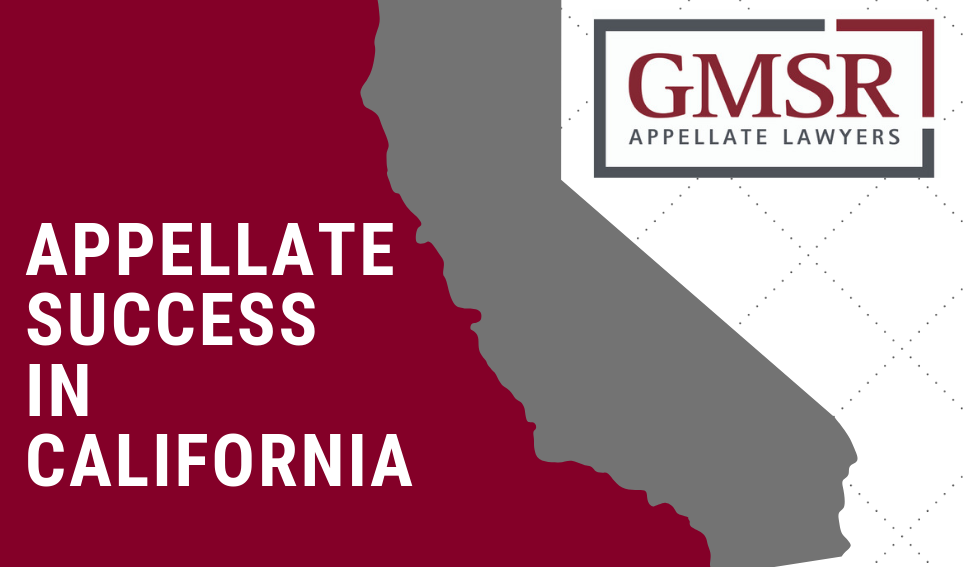Do Unto Others – Appellate Edition
The California Bar recently added “Civility” as a required continuing education topic for lawyers. In appellate work as elsewhere, behaving with the maximum courtesy that circumstances allow will advance your client’s long-term interests.
- California appellate courts expect counsel to stipulate to requests for briefing extensions of up to 60 days (the maximum allowed without a court order), unless some urgency requires faster briefing. Making opposing counsel apply to the court for such an extension has no upside; it just adds a step for the court, and makes you less likely to receive the same courtesy when you need it.
- No appellate brief should ever comment disparagingly on any lawyer or any court. Published opinions condemning such language have become more frequent, and some even impose sanctions. But short of that: disparagement simply hurts your credibility. Leave judgment to the Court of Appeal.
- At oral argument, little things matter. Don’t refer to opposing counsel as “she” with a sideways glance; it sounds dismissive. “Counsel” or “Appellant/Respondent” work well. The lawyer’s name is fine (“Ms. Green”), if stated respectfully. Some lawyers even use “my friend,” especially in the state or federal supreme court—but if that doesn’t feel natural, go with the other options.
▶ The practical message: You know what’s coming: do unto others. An old rule, but still as vibrant as ever, especially in the appellate world.
Browse By Topic
Email Acknowledgement

We welcome your inquiry. However, sending us an email does not create an attorney-client relationship. For that reason, you should not send us any kind of confidential information. Until we have agreed to represent you, we cannot be obligated to keep it confidential.







